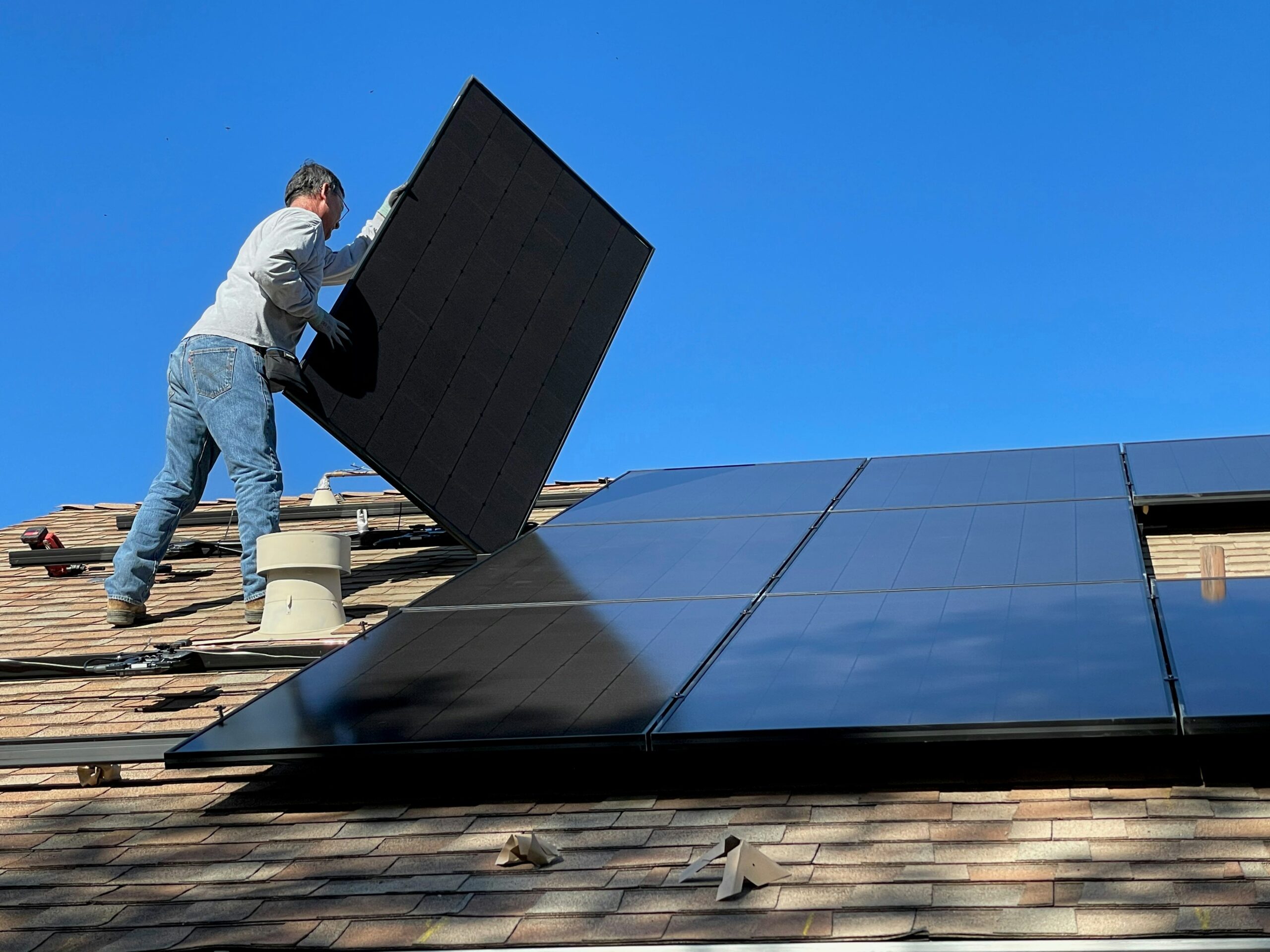Introduction to PERC and Conventional Solar Panels
Solar energy technologies have evolved significantly, offering various options to meet different energy needs. Among these, PERC (Passivated Emitter and Rear Cell) solar panels represent an advanced technology that enhances the efficiency of traditional silicon solar cells. Conventional solar panels, also known as standard silicon solar panels, have been the backbone of the solar industry for decades. Understanding the differences between these two technologies is crucial for making informed decisions when investing in solar energy.
Differences between PERC Solar Panels and Conventional Solar Panels
Efficiency
- PERC Solar Panels: Higher efficiency, typically up to 22% due to better light absorption and reduced electron recombination.
- Conventional Solar Panels: Lower efficiency, generally around 15-18%
Light Absorption
- PERC Solar Panels: Enhanced light absorption due to the additional passivation layer that reflects unabsorbed light back into the cell
- Conventional Solar Panels: Standard light absorption with no additional reflective layer
Performance in Low Light Conditions
- PERC Solar Panels: Better performance in low light and high-temperature conditions
- Conventional Solar Panels: Performance significantly drops in low light and high-temperature conditions
Cost
- PERC Solar Panels: Generally more expensive due to advanced manufacturing processes
- Conventional Solar Panels: More affordable and widely used due to lower manufacturing costs
Manufacturing Complexity
- PERC Solar Panels: More complex manufacturing process due to the additional passivation and rear contact layers
- Conventional Solar Panels: Simpler manufacturing process with fewer layers
Lifespan and Degradation
- PERC Solar Panels: Tend to have a longer lifespan and lower degradation rates
- Conventional Solar Panels: Standard lifespan with higher degradation rates compared to PERC panels
Application
- PERC Solar Panels: Suitable for areas with space constraints and where higher efficiency is needed
- Conventional Solar Panels: Suitable for areas with ample space and lower efficiency requirements
By understanding these key differences, consumers can better assess which type of solar panel technology best suits their specific energy needs and conditions.



